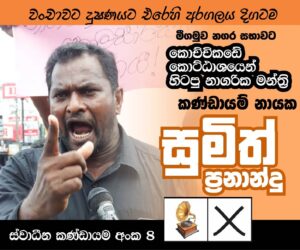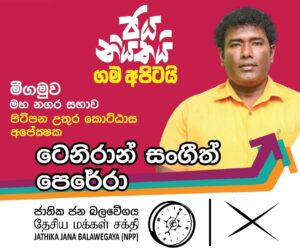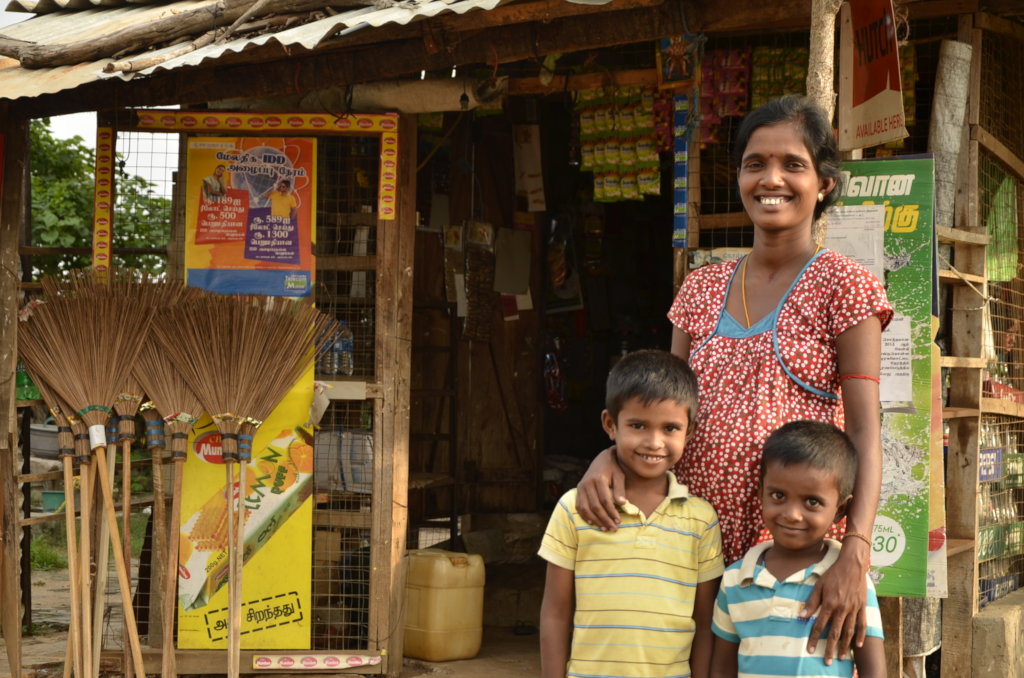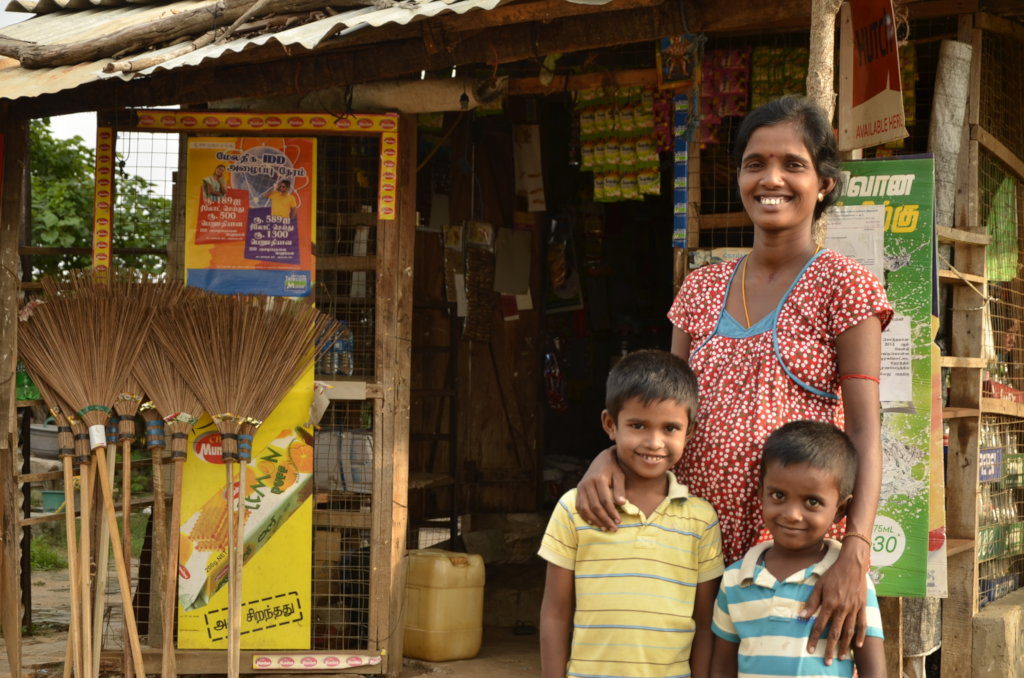Since the end of the war, the political-landscape of Sri Lanka has consistently prioritized the agenda of progressive and unhindered socio-economic development above all else. Inclusion and non-discrimination largely matter for this policy because a country cannot truly develop if only one group, community, or social class is benefitting from it. To put it simply, there is no development without progress for all.
Many who have been affected by the violence of the past decades, in addition to suffering human rights violations have lost their homes, land, and livelihoods, which hinders their right to development. For many of them peace means little if they can’t go back to their homes, find a job, to restore or strive to bring in a sense of normalcy to their lives to.
This is where reconciliation begins to play a role in filling this social vacuum. The “Office for Reparations Bill’’ (The Bill) was gazetted on 25th of June 2018 and the Bill was submitted to the parliament on 17th of June 2018. Throughout our recent history successive governments have continually granted reparations to victims of various conflicts and disasters but suddenly there appears to be a grave amount of hostility surrounding the concept.
Simply put, reparations recognize violations and address the harms suffered by victims during war and conflict. It requires the state to rebuild and restore victim’s rights. It doesn’t matter that this comes almost ten years after the conflict in the North and East, or a generation after the youth rebellions in the South because many Sri Lankans still suffer the plight of physical disability, psychological trauma, loss of property, poverty, marginalization etc. The privilege of some does not mean that those victims cease to exist, or that we have no obligation towards them.
Reparations helps to alleviate immediate suffering by providing basic needs and support to poor and vulnerable groups such as disabled persons or households where the primary wage earner is missing or dead, and to recognize and eliminate structural violence by addressing long term discriminations against marginalized groups who are denied their basic rights. For example, reparations are particularly important for war widows whose husbands went missing in action, some even members of the Sri Lankan armed forces. Having lost the primary wage earner, these women are in dire circumstances trying to make a living for their families and often facing neglect, stigmatization, and abuse.
It is clear the terms commonly tossed around such as reconciliation, rights, and reparations really mean supporting victims such as this. Improving the lives of the most marginalized groups and giving them the opportunity to integrate is a crucial part of development. These processes matter and it is important that the public is made aware of this. It is not a journey that can be completed without their support.
















